Navigating the World: A Comprehensive Guide to the Importance of Geography
Related Articles: Navigating the World: A Comprehensive Guide to the Importance of Geography
Introduction
In this auspicious occasion, we are delighted to delve into the intriguing topic related to Navigating the World: A Comprehensive Guide to the Importance of Geography. Let’s weave interesting information and offer fresh perspectives to the readers.
Table of Content
Navigating the World: A Comprehensive Guide to the Importance of Geography
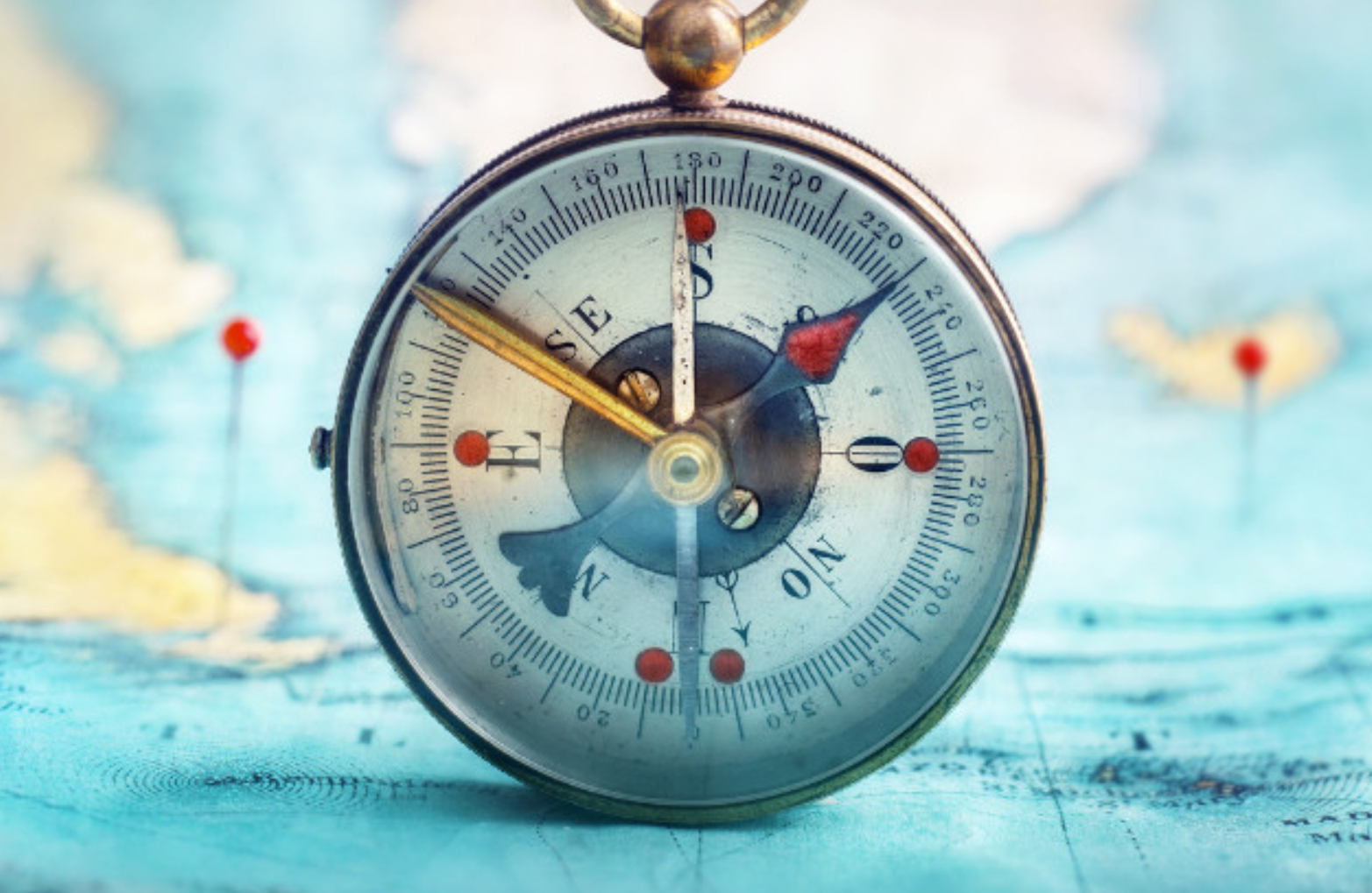
The ability to understand and navigate the world around us is fundamental to human existence. From ancient explorers charting unknown territories to modern-day travelers planning their next adventure, the study of geography has played a pivotal role in shaping our understanding of the Earth and our place within it. While the traditional methods of map reading and geographic knowledge are often associated with formal education, their importance transcends academic settings, impacting our daily lives and fostering a deeper appreciation for the interconnectedness of our planet.
This article delves into the significance of geographical literacy, exploring the various aspects of understanding maps and their role in fostering a well-rounded understanding of the world. We will examine the benefits of engaging with maps, from enhancing spatial reasoning to promoting critical thinking and cultural awareness. By exploring the diverse applications of geographical knowledge, this analysis aims to highlight its relevance in a rapidly evolving global landscape.
The Fundamentals of Map Reading: A Window into the World
A map is a visual representation of the Earth’s surface, providing a simplified yet informative depiction of its features. From physical landscapes like mountains and rivers to political boundaries and population distribution, maps offer a comprehensive overview of the world, allowing us to understand spatial relationships and comprehend the interconnectedness of different regions.
Beyond the Basics: The Importance of Geographical Literacy
Understanding maps is not merely about identifying locations; it involves developing a deeper understanding of the world’s complexities. Geographical literacy encompasses a range of skills, including:
- Spatial Reasoning: The ability to interpret and analyze spatial information, including distance, direction, and scale. This skill is crucial for understanding maps and navigating the world, both physically and conceptually.
- Critical Thinking: Maps often present information in a simplified manner, requiring users to critically evaluate the data and consider potential biases or limitations. This fosters critical thinking skills, enabling individuals to analyze information objectively and draw informed conclusions.
- Cultural Awareness: Maps provide a visual representation of cultural diversity, showcasing the distribution of languages, religions, and traditions across the globe. This exposure fosters cultural awareness and appreciation for the richness and complexity of human societies.
- Environmental Awareness: Maps can depict natural phenomena like climate patterns, resource distribution, and environmental challenges. Understanding these factors promotes environmental awareness and encourages responsible stewardship of the planet.
The Practical Applications of Geographical Literacy:
Beyond academic settings, geographical literacy has numerous practical applications in various aspects of our lives:
- Travel and Navigation: Maps are essential for planning trips, navigating unfamiliar locations, and understanding the complexities of travel routes.
- Career Advancement: Many professions, including urban planning, environmental management, and logistics, require strong geographical knowledge and map-reading skills.
- Civic Engagement: Understanding the spatial distribution of resources, infrastructure, and social services allows individuals to engage in informed discussions on local and global issues.
- Global Citizenship: By understanding the interconnectedness of the world, geographical literacy fosters a sense of global citizenship and encourages responsible engagement with international affairs.
Frequently Asked Questions about Geographical Literacy:
Q: Why is it important to learn about maps and geography?
A: Understanding maps and geography provides a framework for understanding the world, fostering spatial reasoning, critical thinking, and cultural awareness. It also has practical applications in travel, career advancement, and civic engagement.
Q: How can I improve my geographical literacy?
A: Engage with maps regularly, explore different types of maps, and seek out opportunities to learn about specific regions or topics. Participate in activities that involve spatial reasoning, such as puzzles or games.
Q: What are some examples of maps that can be used for learning about the world?
A: There are numerous types of maps available, including physical maps, political maps, thematic maps, and historical maps. Each type provides unique insights into different aspects of the world.
Q: How does geographical literacy relate to other subjects?
A: Geography is inherently interdisciplinary, connecting with subjects like history, social studies, science, and even literature. Understanding geography enhances our understanding of these subjects by providing a spatial context for historical events, social dynamics, and scientific phenomena.
Tips for Enhancing Geographical Literacy:
- Engage with Maps Regularly: Make a conscious effort to use maps in your daily life, whether for planning a trip, exploring a new neighborhood, or simply understanding the location of current events.
- Explore Different Types of Maps: Venture beyond traditional physical and political maps to discover thematic maps, historical maps, and even interactive digital maps. Each type offers a unique perspective on the world.
- Participate in Geographic Activities: Engage in activities that involve spatial reasoning, such as puzzles, games, or even geocaching. These activities can enhance your understanding of maps and develop your spatial skills.
- Travel and Explore: First-hand experience with different places and cultures can significantly deepen your understanding of geography. Explore new locations, observe the local environment, and interact with people from diverse backgrounds.
- Stay Informed about Current Events: Pay attention to news stories and documentaries that focus on geographical issues, such as climate change, resource scarcity, or international conflicts. This will help you understand the global context of these events and their impact on different regions.
Conclusion:
The study of geography is not merely about memorizing names and locations; it is about developing a deeper understanding of the world’s complexities and our place within it. By engaging with maps, fostering spatial reasoning, and promoting critical thinking, geographical literacy empowers individuals to navigate the world with greater understanding, appreciation, and responsibility. In an increasingly interconnected world, the importance of geographical literacy cannot be overstated. It is a fundamental skill that equips individuals to engage with the world in a meaningful and informed manner, fostering global citizenship and contributing to a more sustainable and equitable future.
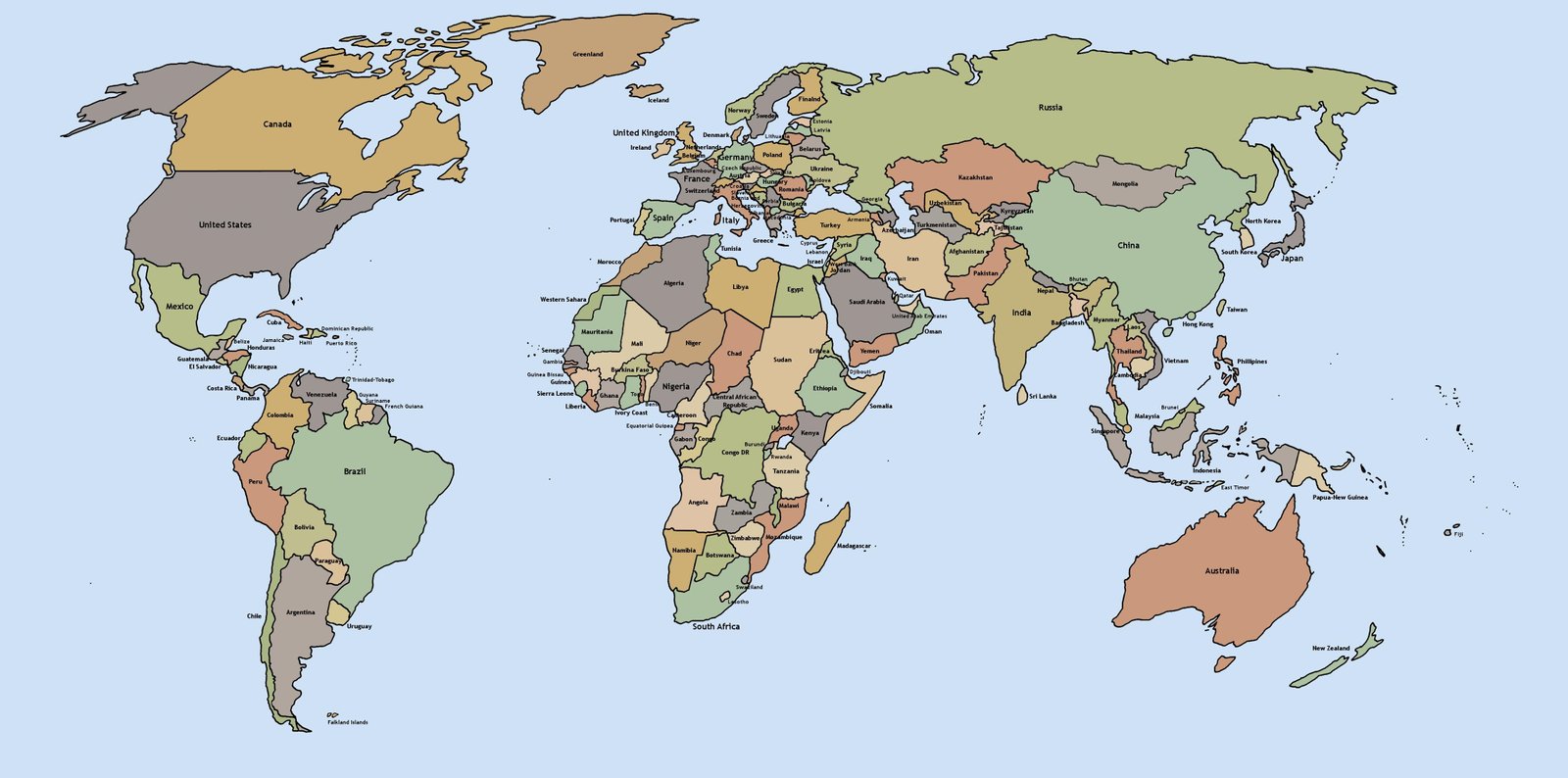
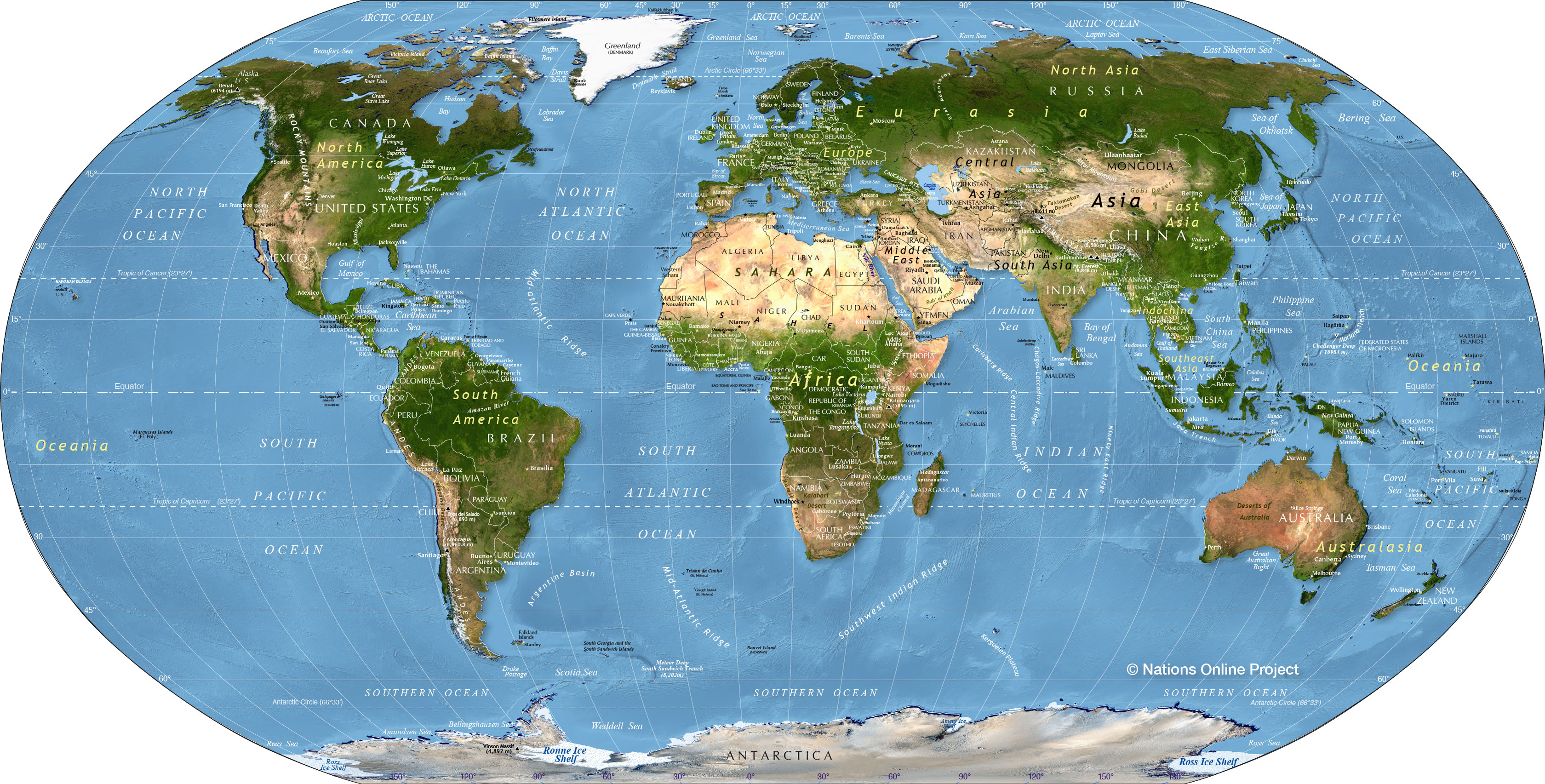
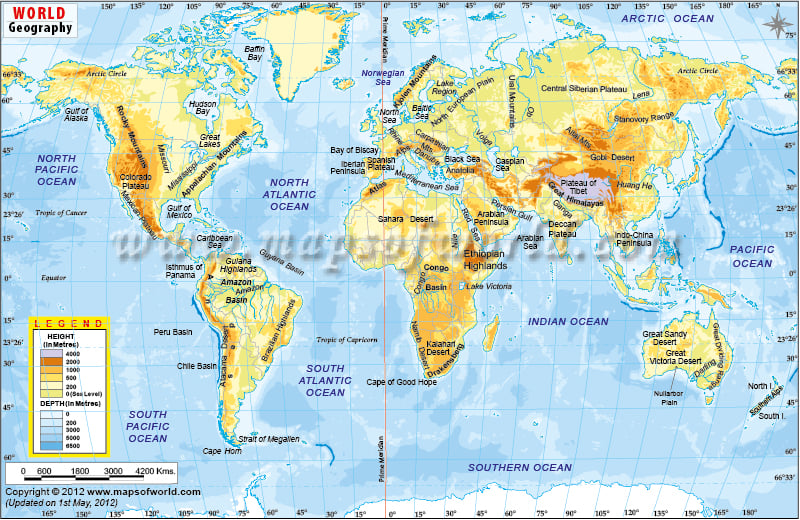
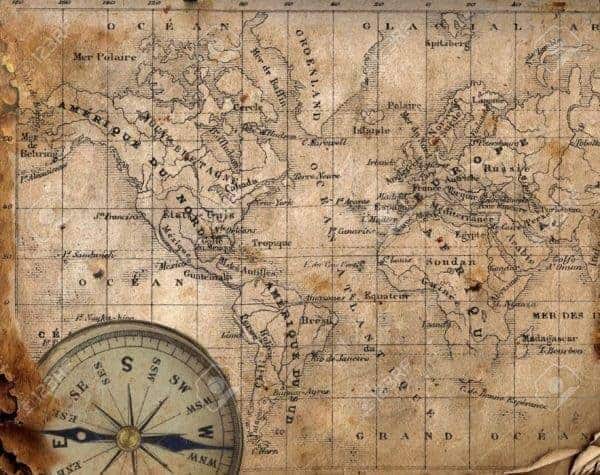




Closure
Thus, we hope this article has provided valuable insights into Navigating the World: A Comprehensive Guide to the Importance of Geography. We hope you find this article informative and beneficial. See you in our next article!